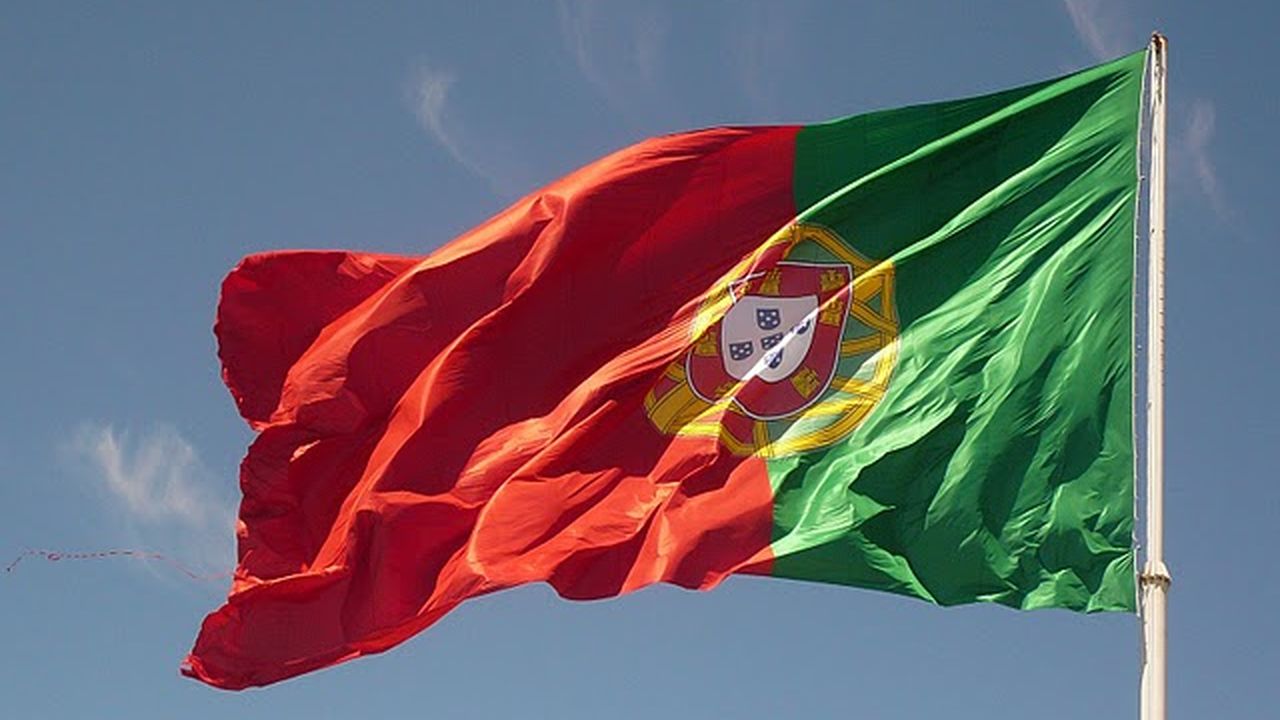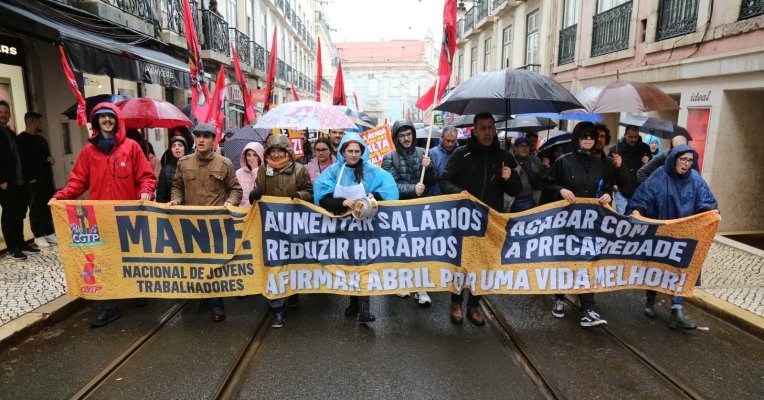
Companies may claim that they want to reflect the diversity of the customers they serve, but they are far from it… For the first time in France, Mozaïk RH has published an inventory of ethnic and cultural diversity on the boards of SBF 120 companies, carried out in collaboration with the inclusion consulting and support company and Diversity Me&youToo, in May 2022. If, according to the National Institute of Statistics and Economic Studies, the share of immigrants and descendants of immigrants would represent 30% of the population in France (including 13% of the non-European population). migration), the composition of the governing bodies of the 120 major listed companies is far from this reality.
In fact, the study results show that only 6% of SBF 120 executives come from visible minorities or have a non-European surname. In addition, only 1.7% of the CEOs of the 20 SBF 120 companies in which the state has a stake of more than 10% or has at least one seat on the board come from visible minorities. Finally, the SBF 120 has only four CEOs who are racially and culturally diverse and 49% of the members of the executive committees of these 120 companies are graduates of the ten most selective flagship schools.
Data collection is neither impossible nor prohibited
On the occasion of the Diversity Measurement Conference within the Economic Inclusion Summit held at the initiative of the Mosaic Foundation on November 28, Maryam Khattab, Director General of Mosaic RH returned to this study. “There is often confusion between diversity of origins and racial statistics,” she noted. However, contrary to what companies believe, it is not impossible or prohibited to collect data on social and cultural origins, provided that it is anonymous and that respondents consent to it, unlike ethnic statistics, which are prohibited in France. » In order to act, companies should be satisfied with information on discrimination, Since the law includes 25 criteria for prohibited discrimination? In this regard, France is, in Europe, the country where the perception of discrimination is most acute. Employers must accredit On studies related to the concept of equal opportunities that employees will receive? Or, on the contrary, create an index, just as there is an index for occupational equality between women and men?
The diversity index remained a dead letter
The Diversity and Inclusion Index pilot, with nine public and private pilot organizations, launched in 2021 by Elisabeth Moreno, then Minister Delegate to the Prime Minister responsible for Gender Equality, Diversity and Equal Opportunities, has come to an end. . “Momentum has diminished when it should have extended to small businesses,” sighs Batoul Hassoum, co-chair of the 21st Century Club.
However, some organizations are not giving up. “Companies must participate without waiting for legislative restrictions!”, exclaims Adel Bazza, General Manager of Human Resources at the Group. Nestle in France. It called on Mixity, a digital platform with a diversity and inclusion footprint, to evaluate its policy and then manage it according to five criteria (gender, disability, multicultural, multi-generational and LGBT+). AXA France did the same. It is enough to enable then implementation of a more assertive policy. In recruitment in particular. “28% of our work-study students come from priority areas of the city,” says Adil Beza. At TotalEnergies, it’s 10%, according to Agnieszka Kmisiak, Senior Vice President of People and Social Engagement group. “16% of the staff we employ also come from there,” adds Amelie Watlett, HR director at AXA. In addition, some companies tie a portion of their top executives’ compensation to advancement in this area.
But before we can commit to ensuring that everyone, regardless of their social and cultural origin, feels like they belong, leaders and management teams still have to turn their necks around their prejudices. “I am part of this generation that must dismantle stereotypes and no longer believe that a person of Portuguese origin necessarily has a keeper in his family…”, admitted Augustin de Romanet, CEO of ADP Group. As for Saïd Hamouche, founder of the Mosaïk Group, he did not hesitate to question Bruno Le Maire, Minister of Economy, Finance, Industrial and Digital Sovereignty, who loaned Bercy’s headquarters to host the Economic Inclusion Summit, since the ministry’s job offers have not yet appeared on the Mosaïk RH platform. However, it allows the employment of graduates from diverse social and cultural origins based on their skills…
Alert on anti-alokism in business
It is a vague concept, originating in the United States, where you had to be “woke,” in other words, aware of social and racial injustice, to turn yourself, there as here, into a scarecrow: for some, these woke people above all else, would demand, under the pretext of difference, rights Additionally, this would lead to the fragmentation of the already fragile social fabric. Ines DuVernay, co-founder of consulting firm Me&YouToo, specializing in supporting diversity and inclusion in companies. For example, we see white men reject corporate strategies aimed at promoting women or people from minorities, believing that only skills and performance matter. What do you do in this situation? “Remove the brakes so that all talents can express themselves and be recognized,” she answers. More generally, she adds, “define inclusion better, by showing that everyone can be respected in their uniqueness, but within the framework of values.” Common.” Easier said than done, no doubt, especially since the employer, like civil society, must also manage “competition” between “minorities”…
if






